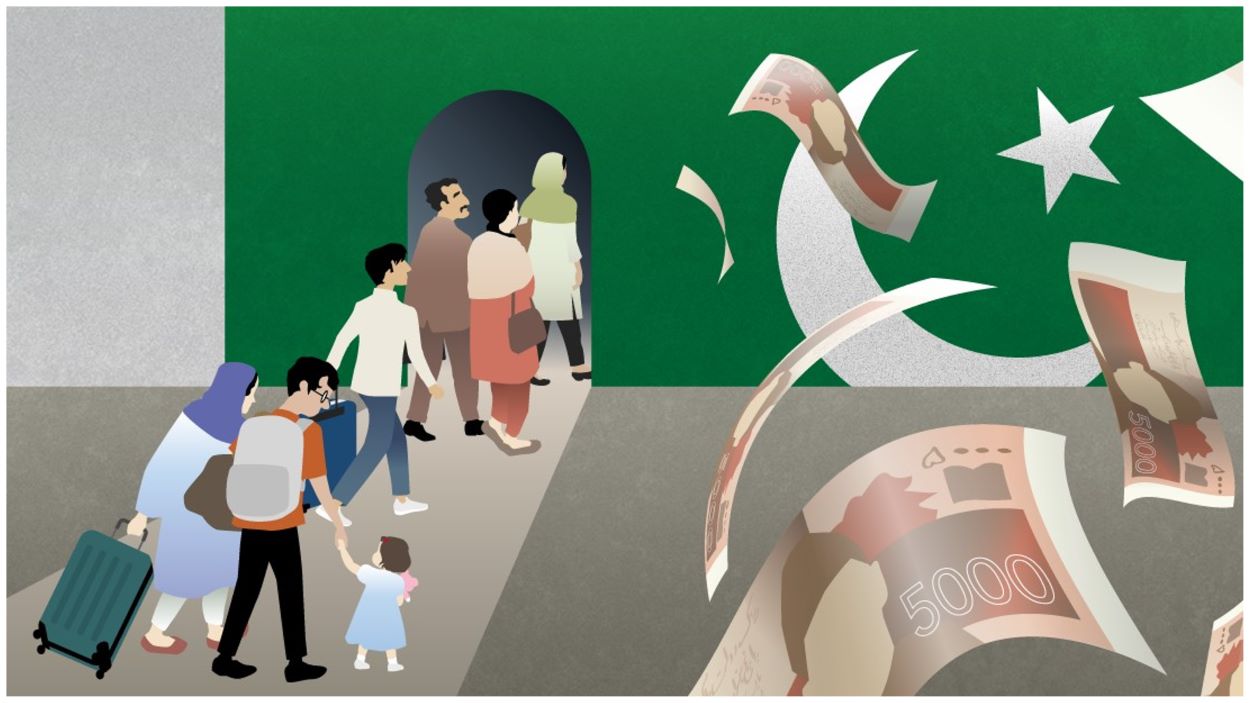A recent survey by Pulse Consultants, a public opinion research firm, highlights concerns about the economic reality for residents in Pakistan’s urban areas.
The study found that 74% of urban dwellers cannot meet their monthly living expenses with their current income. This financial strain significantly affects their daily lives and overall economic stability.
Among those struggling financially, 59% have resorted to reducing their purchases of household essentials as a means of budget management. Additionally, 39% of the respondents reported borrowing money to cover their monthly needs, indicating a reliance on external financial support. Furthermore, 11% have taken on part-time work alongside their primary employment, seeking to supplement their income in response to these financial pressures.
Conversely, the remaining 26% of urban residents reported that their income was sufficient to cover their monthly expenses. However, even within this group, the majority indicated that they could not save money, pointing to a precarious financial balance.
The survey also noted that many respondents chose multiple options to describe their financial strategies, suggesting that people employ various methods to navigate their economic challenges. This multifaceted approach underscores the complex nature of financial management faced by many in Pakistan’s urban centres, where income often fails to keep pace with living costs.







